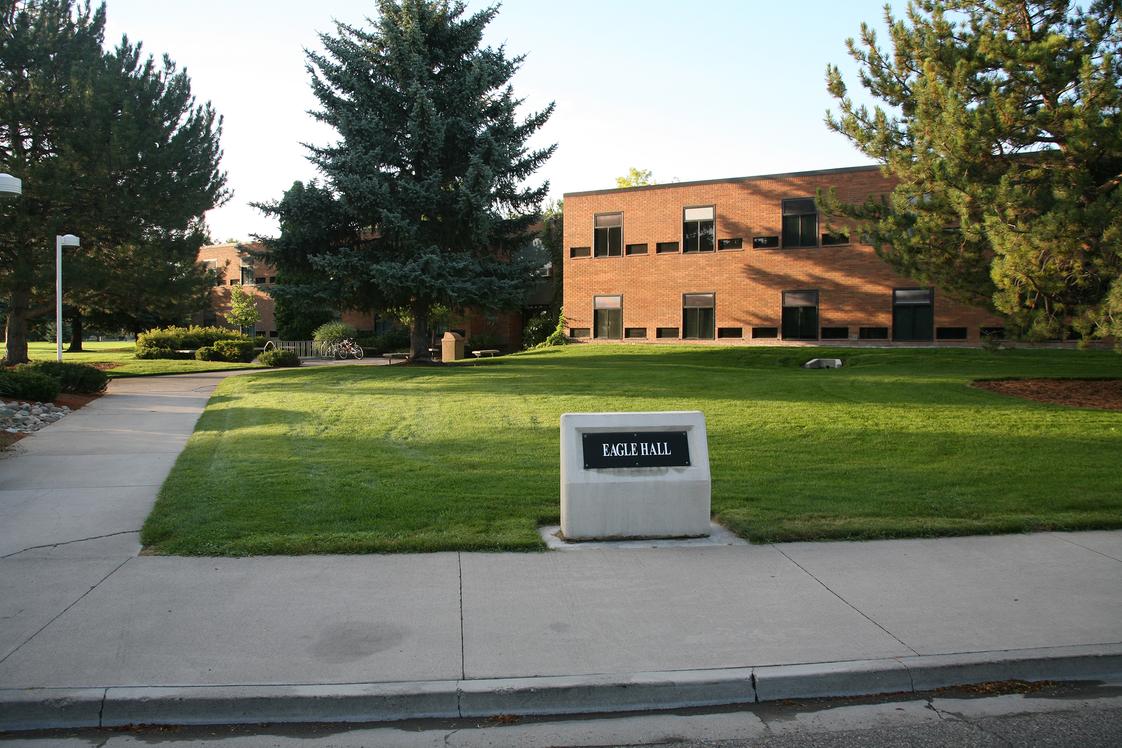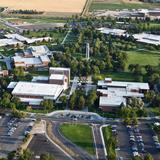The average community college acceptance rate in Idaho is approximately 98% per year (2025).
The most selective college in Idaho is currently Carrington College-Boise, with an acceptance rate of 96%.
Acceptance Rate Range: 96%
100%
Avg. Acceptance Rate: 98%
Most Selective Community Colleges in Idaho (2025)
College
Acceptance Rate
Location
Rank: #11.
Carrington College-Boise
Private for-profit
Acceptance Rate: 96%
1122 N. Liberty St.
Boise, ID 83704
(208) 377-8080
Boise, ID 83704
(208) 377-8080
Rank: #22.
Brigham Young University-Idaho
Private not-for-profit
Acceptance Rate: 97%
525 S Center
Rexburg, ID 83460
(208) 496-1411
Rexburg, ID 83460
(208) 496-1411
Rank: #33.
Acceptance Rate: 100%
315 Falls Ave.
Twin Falls, ID 83301
(208) 733-9554
Twin Falls, ID 83301
(208) 733-9554
Frequently Asked Questions
What is the Idaho average community college acceptance rate?
The Idaho average community college acceptance rate is 98% for 2025.
What are the most selective community college in Idaho?
The most selective community college in Idaho include Carrington College-Boise, Brigham Young University-Idaho and College of Southern Idaho.
Recent Articles

Obtaining Your Bachelor's Degree at a Community College
Explore the evolving landscape of community colleges offering bachelor's degrees, addressing affordability, accessibility, and workforce needs.

A to Z of Community College Certificates and Courses
From business and healthcare to technology and skilled trades, the article showcases the breadth of options available to students seeking to enhance their knowledge, develop new skills, or pursue career advancement.

What is a Community College?
This comprehensive guide explains what a community college is, its history, and its role in higher education. It covers the types of programs offered, differences from four-year colleges, benefits of attending, and important considerations for prospective students, providing valuable insights for those exploring educational options.





